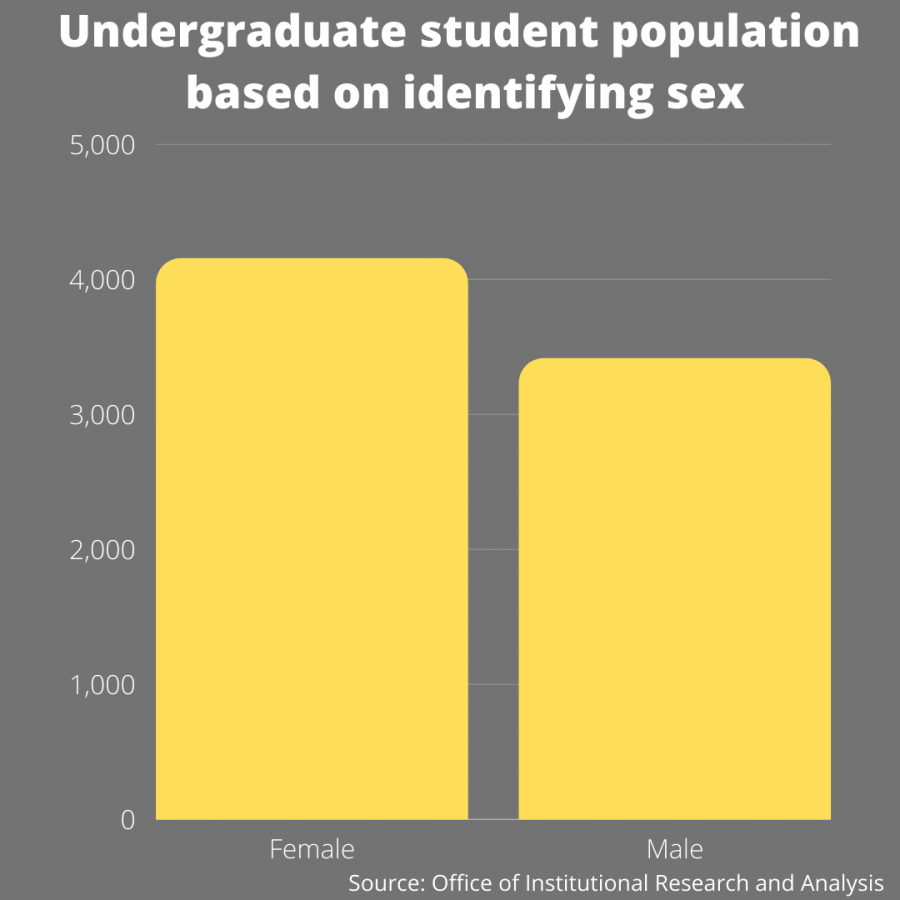 The Centennial Celebration of Women at Marquette isn’t simply about celebrating women and commemorating their acceptance into the university 100 years ago. It’s also about celebrating and working towards greater access to education, according to organizers of the year-long celebration.
The Centennial Celebration of Women at Marquette isn’t simply about celebrating women and commemorating their acceptance into the university 100 years ago. It’s also about celebrating and working towards greater access to education, according to organizers of the year-long celebration.
When the Rev. James McCabe, the university president in 1909, made the controversial decision to make Marquette the first Catholic university to allow women to enroll alongside men in undergraduate studies, he opened Marquette’s doors to a population largely ignored in academia.
The university has come a long way. Of the 2008 freshman class, 53 percent were women. Female faculty and staff members are also better represented 100 years after McCabe’s decision.
While campus may be more diverse, the university “wants to always consider how else (it) can be more inclusive,” said Rana Altenburg, vice president for public affairs and co-chair of the Centennial Celebration committee. The Centennial is a rallying point around educational access, she said.
“Who’s still waiting outside Marquette’s doors waiting for a Marquette education?” Altenburg asked.
Altenburg said Centennial Celebration events throughout the year will be retrospective or cause people to think about the present and future.
“Just taking a look back makes you appreciate what you have now and causes you to think about what still needs to be done,” she said.
The formal kickoff to the Centennial Celebration is next week. Altenburg said the events symbolize what the Centennial stands for.
A statue of Mother Teresa in front of Schroeder Complex will be dedicated on Oct. 6 at 11:30 a.m. in honor of her work to serve the poor and marginalized, complementing the Jesuit mission, Altenburg said.
As a tribute to the spirit of Mother Teresa, centennial planners will hold a week-long food drive, said Sheila Taphorn, University Advancement’s engagement manager for the Centennial Celebration.
As a way to honor the past, the university will host a discussion with four female alumni on how their Marquette experiences affected their lives after graduation. “Living History: Marquette Women Through the Decades” will be moderated by Mike Gousha, a distinguished fellow in law and public policy at Marquette’s Law School.
Ann Druml, a 1943 graduate; Sandy Pavlic, a 1951 graduate; Patricia Kraninger, a 1968 graduate; and Kathleen Spears, a 1984 graduate, will compare life at Marquette over the course of four decades.
Taphorn said discussion like these highlight the social and academic changes at Marquette and what’s remained the same. In the past, there were some “weird” restrictions, such as women not being able to wear pants on campus and having an 8 p.m. curfew, she said.
One of the week’s most notable events is the honorary degree conferral of Sister Helen Prejean, followed by an address she will give.
Prejean, author of “Dead Man Walking: An Eyewitness Account of the Death Penalty in the United States,” took on the role of spiritual adviser to a convicted felon on death row. Since then she has become an active advocate against the death penalty.
“She’s a fabulous woman who’s taken a large role on the Catholic Church’s position on the death penalty,” said Janine Geske, a distinguished professor of law.
Tickets are required to attend the event next Thursday night at the Varsity Theatre. The free tickets are available at Brooks Lounge.
The celebration continues to next summer, including another highlighted event week in February.
The Little Rock Nine, the first black students to attend a formerly all-white school after the Brown v. Board of Education decision, are scheduled to come to campus Feb. 9 to talk about access to education. They will also receive the Pere Marquette Discovery Award.
Other events include a workshop for high school teachers, administrators and female high school juniors and seniors that focuses on women engineers, a book club, and the Milwaukee Community Women’s Leadership summit.

